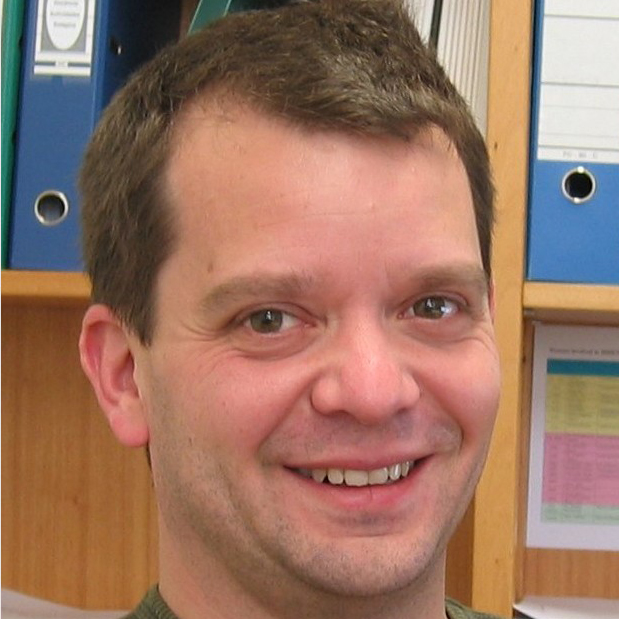The development of distributed real-time systems that operate in loosely controlled, open and dynamic environments, raises the difficult challenge of how to achieve predictability despite the uncertainties that characterise these environments. These systems interact with the physical environment (they are cyber-physical systems) and exhibit critical properties that must be secured. However, we have argued, an reality is progressively showing, that they cannot be architected or programmed with classical hard real-time systems paradigms, which cannot withstand the mentioned uncertainties. For instance, this is the case in the automotive and aerospace domains, where despite autonomous vehicles evolving and cooperating in mostly uncertain ways, the safety goal must be predictably met.
In this talk we review some work towards correctly designing safe, secure and dependable, autonomous and cooperating systems-of-embedded-systems. We describe the system model and architecture that underlie our approach and we provide the methodology for programming three fundamental behaviour classes, Time-elastic, Time-safe and Fail-safe, providing incremental guarantees under uncertainty. We show examples of several prototypes (from computer emulations to cars, drones) to illustrate the application of the architectural principles and the programming methodology.
António Casimiro (http://www.di.fc.ul.pt/~casim/) is associate professor at the Department of Informatics of the University of Lisboa Faculty of Sciences (FCUL), where he joined in 1996. He has a PhD in Informatics (2003), by the University of Lisboa. He was adjunct Professor of the Carnegie Mellon Information Networking Institute between 2008 and 2011 and a lecturer at IST between 1993 and 1996. He is a member of the LASIGE research laboratory, where he leads the research line on Cyber-Physical Systems. He was the coordinator of the KARYON (FP7) and the TRONE (CMU|Portugal) projects. Previously he was involved and contributed to several national and international projects, such as HIDENETS, CORTEX, CaberNet and TACID. His research interests are on architectures, fault tolerance and adaptation in distributed and real-time embedded systems, with applications on cyber-physical systems like autonomous and cooperative vehicles or monitoring and control systems in critical infrastructures. He has more than 50 publications in international refereed journals and conferences in the areas of distributed, fault-tolerant and real-time systems. He organized several international scientific events and is regularly participating in program committees of conferences in his areas of research, such as DSN, SRDS and SAFECOMP. He led the steering committee of the national conference on informatics (INForum) between 2013 and 2015 and was the director of FCUL’s IT infrastructure between 2004 and 2006. He is a member of the Scientific Council of FCUL since 2015. He is also a member of the IEEE, ACM, IFIP WG10.4 on Dependable Computing and Fault Tolerance, and of Ordem dos Engenheiros. For more information, visit his Google Scholar Citations profile at:
